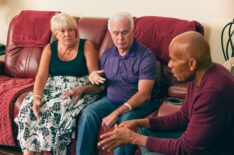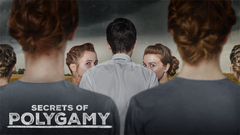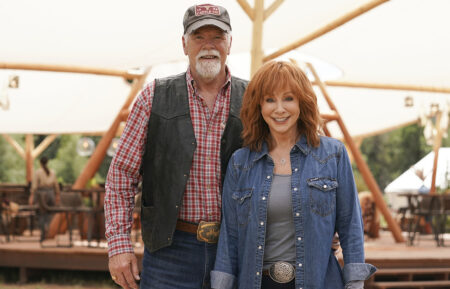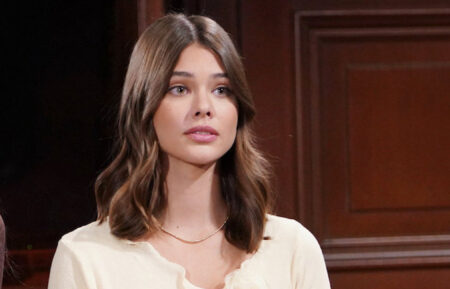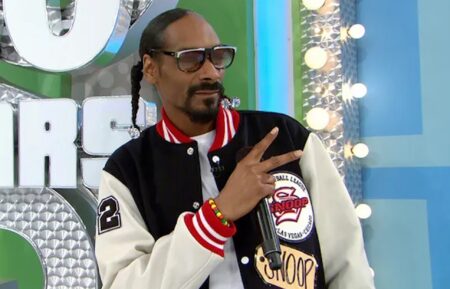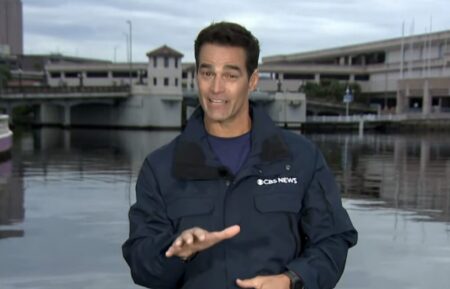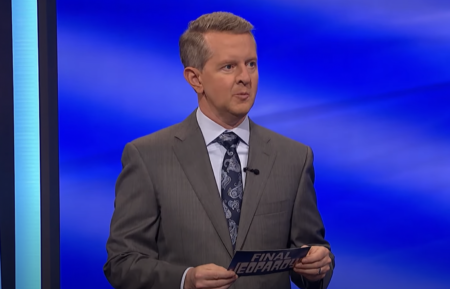‘Secrets of Polygamy’: Former FLDS Member Opens Up About Revisiting Past Trauma
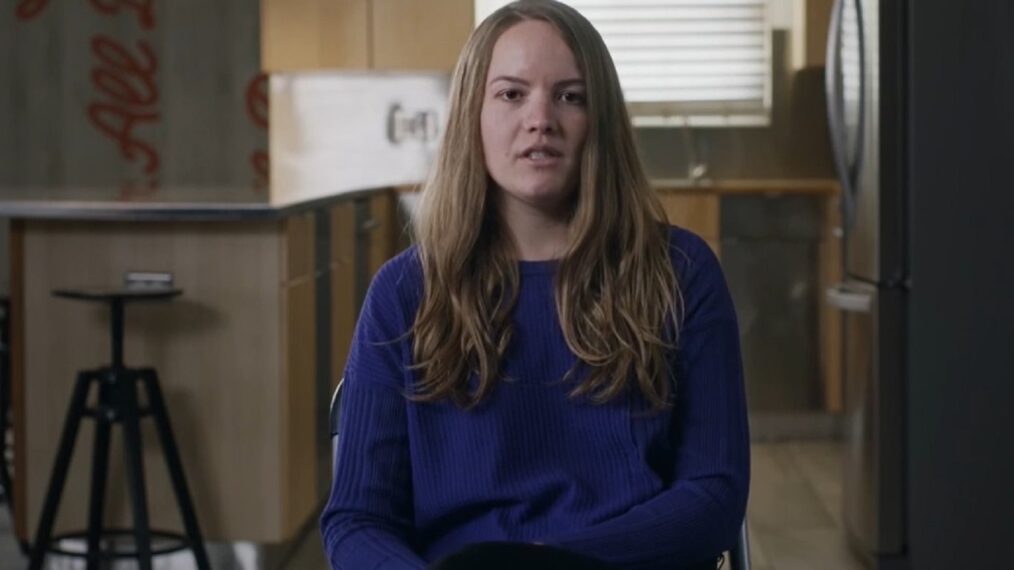
Reports of missing children, abuse, fraud, incest, and stories of survival come to the surface in Secrets of Polygamy. The upcoming A&E docuseries exposes the realities of life within the world of extreme polygamist groups. Namely, the Fundamentalist Church of Jesus Christ of Latter-Day Saints (FLDS), the Kingston clan or The Order also known officially as the Davis County Cooperative Society, and the Apostolic United Brethren (AUB).
The polygamous movement spread under the power of Warren Jeffs, a cult-like church leader considered a prophet by followers. He is serving a life sentence after being convicted in 2011 for sexually assaulting his child brides. Another high-ranking polygamist spoken about is Sam Bateman, who splintered off from Jeffs as the self-proclaimed new prophet. He was arrested in 20222 and charged with sexual abuse, marrying up to 20 wives as young as 9.
Cameras follow lead investigator Matt Browning as he looks to help those within these communities reunite with their family on the outside. The show features in-depth interviews with experts and access to insiders. Among them is Jeffs’ daughter, Rachel Jeffs Blackmore, who shares her first-hand account of life with her notorious father. Former FLDS members Mary Ann Kingston, Lu Ann Cooper, and Faith Bistline also share their harrowing experiences and how they broke free.
Here Bistline, who grew up with three moms, one dad, and has 27 siblings, opens up about why she felt it was important to participate in the project.
You initially wanted your identity concealed but had a change of heart. What factored into changing your mind?
Faith Bistline: I have family members, some underage family members, involved. I did not want to ever be in a position where I was exploiting them or revictimizing them in the media. However, over the past couple of years, it frustrated me knowing what was happening to my little sisters and others. Talking to law enforcement and realizing they couldn’t do anything if they didn’t have a victim. It frustrated me that no one would come forward and explain what had been happening to them. Then I thought about it and realized it’s because they may not have an example. They don’t know someone who has spoken out. They don’t know how to use their voice. That’s when I made the switch in my brain that I should do this. I should be the example. I should speak out. I should use my voice.
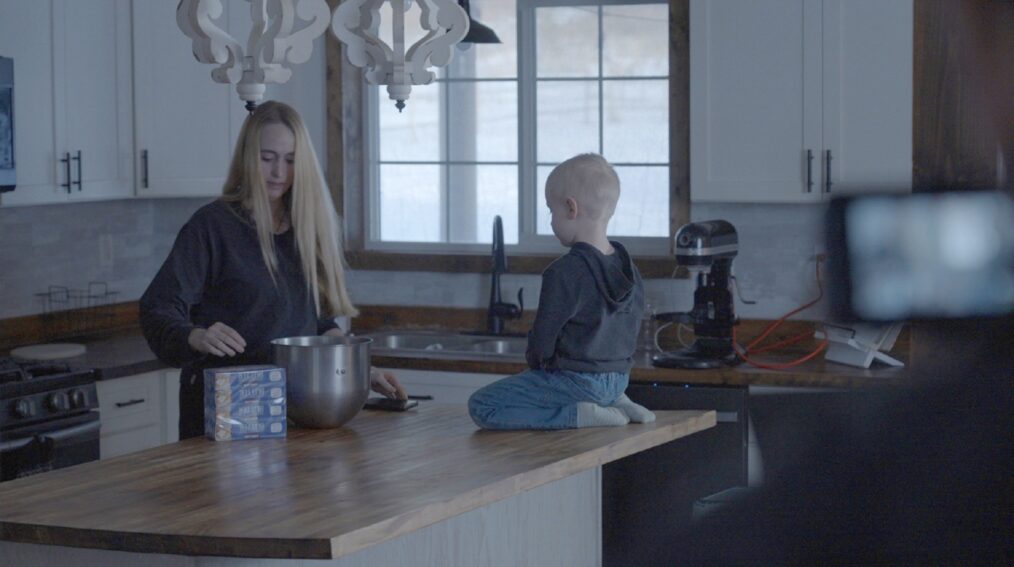
Rachel Blackmore (A&E)
You sit down with Matt to share your story. How would you say he made you feel comfortable talking through this difficult part of your life?
I did know Matt a little before this. We had somewhat of a relationship before this, so I think that’s why I trusted him. I know he is genuinely interested in helping out. That made a difference.
Now your involvement in this project is out, have you gotten a response from those who you knew while in the FLDS community?
I still haven’t heard from any family members who were involved with Sam Bateman. I don’t know for sure if they know about it. My family members who do know about it are supportive.
Are you worried about any retaliation?
I’m not too worried about Sam Bateman or any of his followers attacking me for it. Sam Bateman himself was scared of me I believe. Maybe I shouldn’t be too comfortable with that, I’m not too worried about them lashing out at me.
How hard was it for you to open up?
To me, it felt like a therapy session. You’ll probably see me try to skirt around things because I’m trying to be careful not to revictimize people and exploit others. I try to tow that line very carefully.
Did talking things through and revisiting past experiences bring any new perspective?
I had an aha moment shortly after filming where I realized that it’s not just the men at fault for what happened. There are women who need to answer for this too. Women were involved. They need to answer for the things they have done as well.
What do you want people to walk away with when they hear your story?
The one takeaway I want to put out there is that crimes against children and sexual abuse thrive under a blanket of secrecy. I feel that the way to combat that is to take away the secrecy, put it out there, and let people know this is happening so these children have a fighting chance.
You’re showing what’s possible outside of the community as a nurse helping others. How important has having this career been to finding that normalcy?
I think being a nurse gives me an identity that is separate from FLDS. It’s I had this happen, but I am now a nurse as well. It helps me find balance and not get lost in the world of just being an ex-FLDS woman.
We’re going to hear other survival stories through these episodes. What can you say in regards to the support system that is out there for those who’ve suffered similar trauma?
Our support system is being there for one another. We’re all on social media, in groups where we talk about the things that have happened and share memories and become very sacrilegious sometimes because that is what helps us cope.
What kind of impact do you think the show is going to have in creating further visibility to what’s going on?
Hopefully, it helps law enforcement keep their eyes open for this sort of thing. So, when someone from the FLDS comes to them they have have an understanding already from the stories being told.
What kind of update can you provide from your story? The documentary does mention how your brother Lud went to jail and faced charges. That’s a lot to process. What’s been getting you through?
He was not arrested yet when I filmed. I now have two brothers who were arrested as well as a sister-in-law and others.
How do you come to grips with all that? What’s getting you through?
It sucks realizing I have that many people in jail. And knowing that they started as victims. At some point, there was a turning point where they became perpetrators as well. It’s kind of hard to reconcile that, but crimes against children have to stop. They have to answer for what they did.
Secrets of Polygamy premiere, Monday, January 8, 10/9c, A&E

